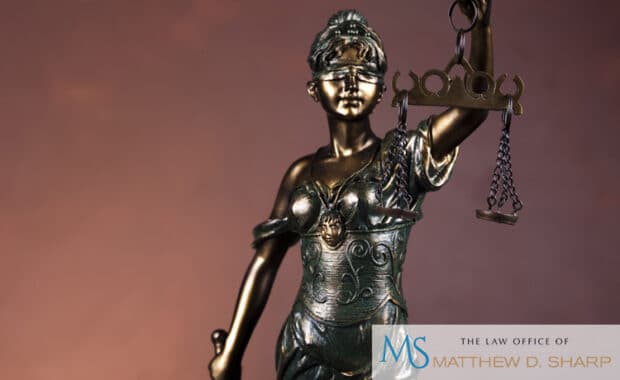http://abclocal.go.com/ktrk/video?id=8364920&pid=8364579#global
https://www.huffpost.com/entry/cops-ate-pot-brownies-houston_n_982051
Nicholas Hill was investigated and arrested for drug possession over four months ago. He told his attorneys J. Julio Vela and Daniel Cahill that the cops who arrested him ate pot brownies. That story was a bit hard for Cahill and Vela to swallow, until they subpoenaed the Mobile Data Terminal (MDT) printouts from the police cruisers involved in the bust. On those printouts the officers wrote “I’m so H I G H” and “Good Munchies” to each other and in detail typed what can be described as side-effects of cannabis intoxication.
“If [the allegations] actually are true, then we’re talking about is destruction of evidence. That’s a felony. We’re talking about official misconduct [potentially a Class A Misdemeanor]. We’re potentially talking about police offices driving around the city of Houston high on drugs, conducting official police business while high on drugs. It’s a pretty big deal,” Cahill said.
And it is a “big deal.” If the recent results in the Dr. Brown trial prove anything then it’s that in order to find someone guilty you need credible witnesses to supply your evidence. Here, if these allegations are true then the credibility of the officers is cast into doubt from the start. After all, who’s to say that the officers weren’t already intoxicated when they arrived at the scene? Did they actually destroy evidence by eating pot brownies and then lie about it? The conduct of the officers becomes the main question, which is really the last thing that the State’s prosecutors want to deal with in a trial where the actions those officers took are the sole basis for the case against a defendant.
Cahill and Vela exemplify due diligence in this case. Now, that’s not to say that defense attorneys should always turn over their work product to the media, but every defense attorney has a duty to seek out any and all evidence that may lead to a plausible defense. Here, Cahill and Vela sought public information that was created by the arresting officers around the time of the arrest of their client, and they happened to corroborate their client’s version of events that night.
Nicholas Hill’s case is still ongoing and it remains to be seen whether releasing this information to the press will affect the status of his case. However, this story does show that police officers who do not take their official roles seriously can cast doubts on the credibility of all officers.
Every criminal defendant has the right to compulsory process and access to public information to prepare their defense. Subpoenas, public information requests, Freedom of Information Act requests (FOIAs) are just a few tools that a knowledgeable defense attorney has at his or her disposal. Also, using outside resources, like private investigators and experts is almost always vital in order to present a complete defense to a criminal charge. If you are charged with a crime you need an experienced attorney who knows how to begin and follow through with an investigation into your case. Contact the Law Offices of The Law Office of Matthew D. Sharp for your free consultation today.





